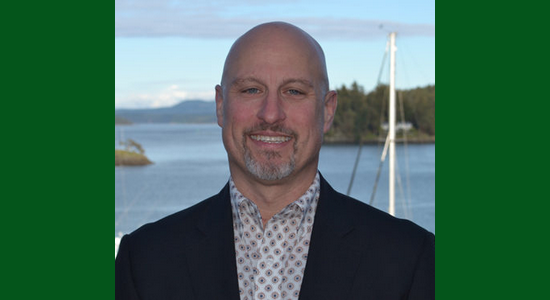— from Tom Eversole —

Reluctance of federal, state and local politicians to mandate face coverings may be due to their under-experience with infectious diseases and an over-experience with being in charge. However, pandemics don’t work the way citizens do. Pathogens aren’t compliant, and they don’t negotiate.
It took 20 years for Public Health to get seatbelt laws into place in the US. It took another generation and law enforcement for popular culture to make seatbelt use (the rational choice) a habit. Personal freedom arguments used against seatbelts were rolled out again this year against face masks. We don’t have generations to waste this time.
Policy makers and peace officers force their kids to buckle up even when they object. How many would let a surgeon take out their kid’s appendix without a mask and gloves? The germ theory applies even when we may not know the potential victim.
Wearing a mask isn’t just about protecting the wearer or their close contacts. It has a population-level impact on health and economy. Same for seatbelts. Both masks and seatbelts decrease EMS, ER and hospital costs. Those fiscal savings are reflected in lower medical and auto insurance premiums for everyone. Our economy is tied to the virus. Masks can help businesses and schools continue operations.
Elected officials have enacted and enforced auto insurance, seat belt, and public safety laws — showing courageous leadership in the public interest. They should do the same regarding face masks in public spaces.
**If you are reading theOrcasonian for free, thank your fellow islanders. If you would like to support theOrcasonian CLICK HERE to set your modestly-priced, voluntary subscription. Otherwise, no worries; we’re happy to share with you.**








Well said. I totally agree.
What a great argument! You might need to run for some office.
Tom:
San Juan County was the first county in the Pacific Northwest and possible the entire West Coast to have a health order to require face masks for all people entering in a business.
https://www.sanjuanjournal.com/news/new-san-juan-county-health-officer-order-on-face-coverings/
https://www.kuow.org/stories/san-juan-becomes-first-county-in-pacnw-to-require-masks-in-public
https://www.sanjuanco.com/DocumentCenter/View/20392/200515-Health-Officer-Order-4
San Juan County was also the first/only county in the state to ban lodging under 30 days for non-essential loading and is the only county in the state that has a 50% lodging ban in effect.
Rick Hughes
Rick– touting mask wearing, social distancing, and washing hands as a major accomplishment (without any meaningful enforcement) when it’s really “the basics” (though important… it is the least we can do), is making a mountain out of a molehill. There are the least we can do.
Banning transient lodging to any level without adequate enforcement is like having no restrictions at all. We experienced this time and time again during the shutdown. Transient accommodations running at 50% right now? If you say so.
Hi Tom, thanks for spreading the word on this. Covering our faces is the most important tool we have to prevent spread – along with not socializing or gathering indoors with those from outside our family. Just to clarify for folks in WA and SJC reading this: there are mask orders in place for both State of WA and SJC. The County order is a bit stricter than the Governor’s around indoor mask wearing, but the Governor’s order is quite clear about both indoor and outdoor face coverings.
We’d all benefit if wearing face coverings became mandatory across the United States.
Anyone with questions about specifics of local requirements can call SJC COVID Hotline at 360-370-7500.
Just another stay home summer because the islands are over-run by tourists… only this time it could be deadly.
“Wear a mask, wash your hands, and socially isolate” (you know, do the least you can do)… because SJC is going to the most it can do to bring us a hundred thousand tourists this summer, (no matter what Phase we’re in, or what kind of shutdown occurs).
Michael,
You exaggerate. It’s not helpful. You don’t have to stay home, that’s a personal choice. I wear a mask and walk through town almost daily, and feel safe enough to enjoy our island lifestyle.
Good for you Paula… keep it up. Like many I tend to stay out of town every summer. It’s not the same town it was just a few years ago, and the “island lifestyle” as you put it is changing quickly.